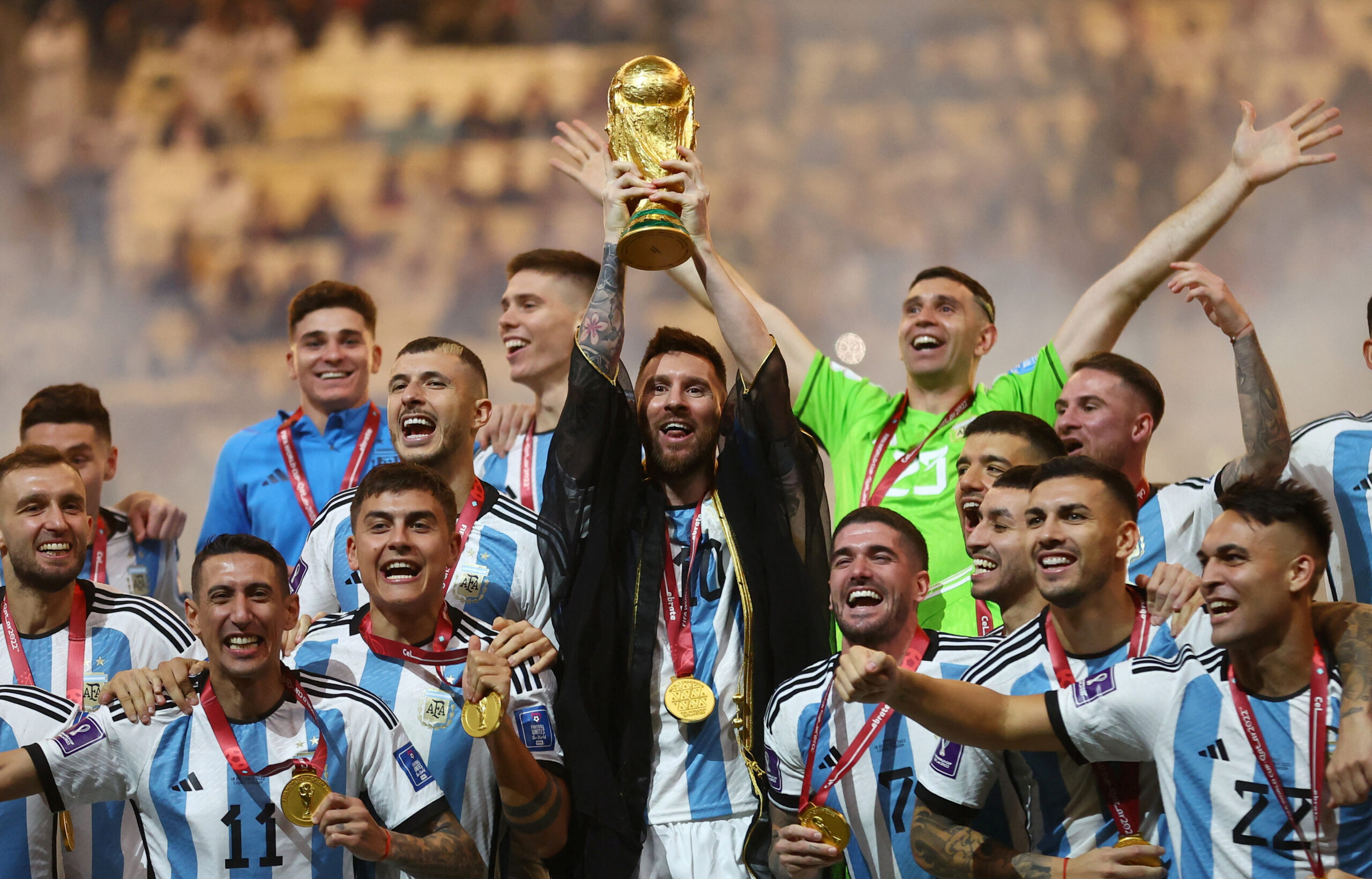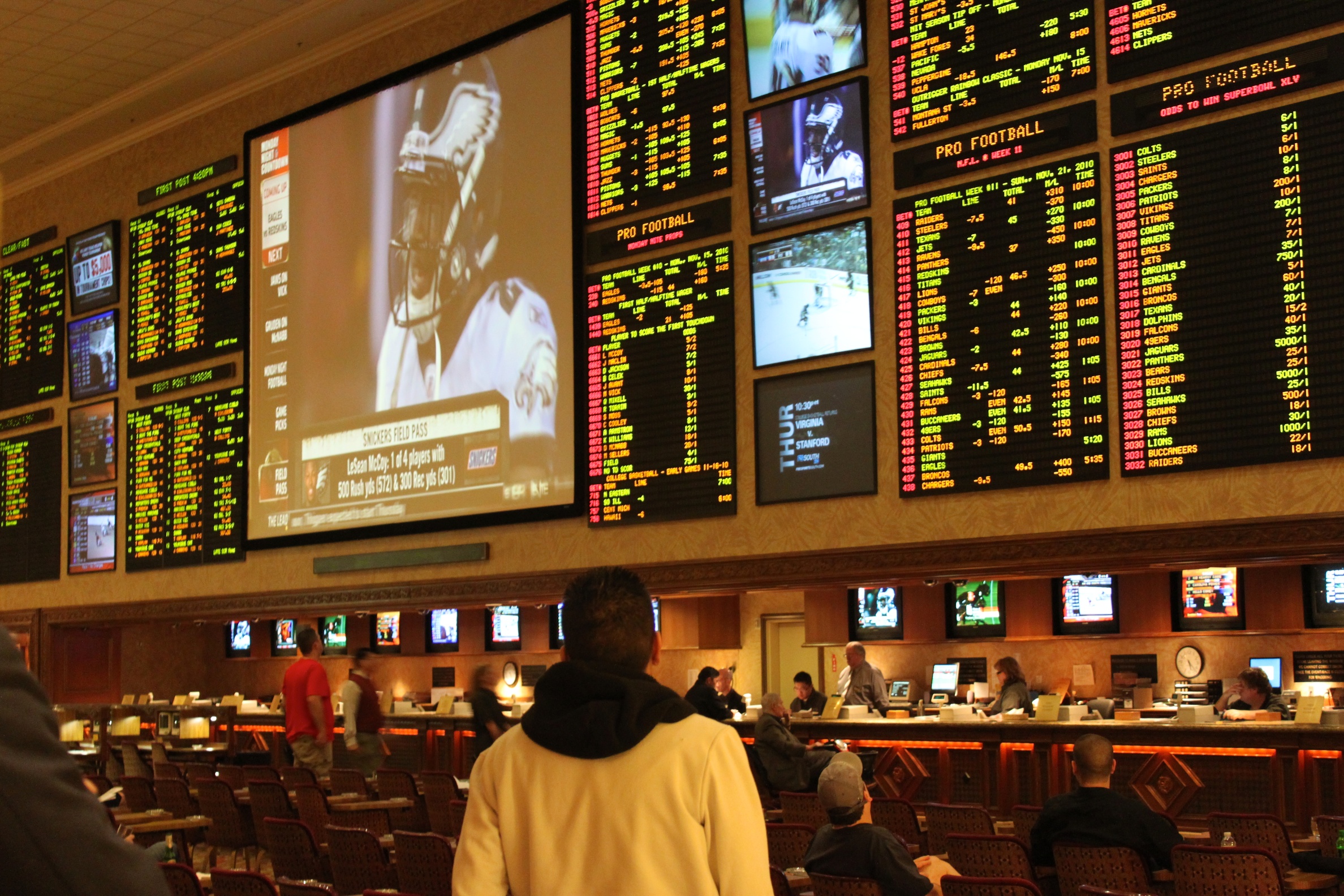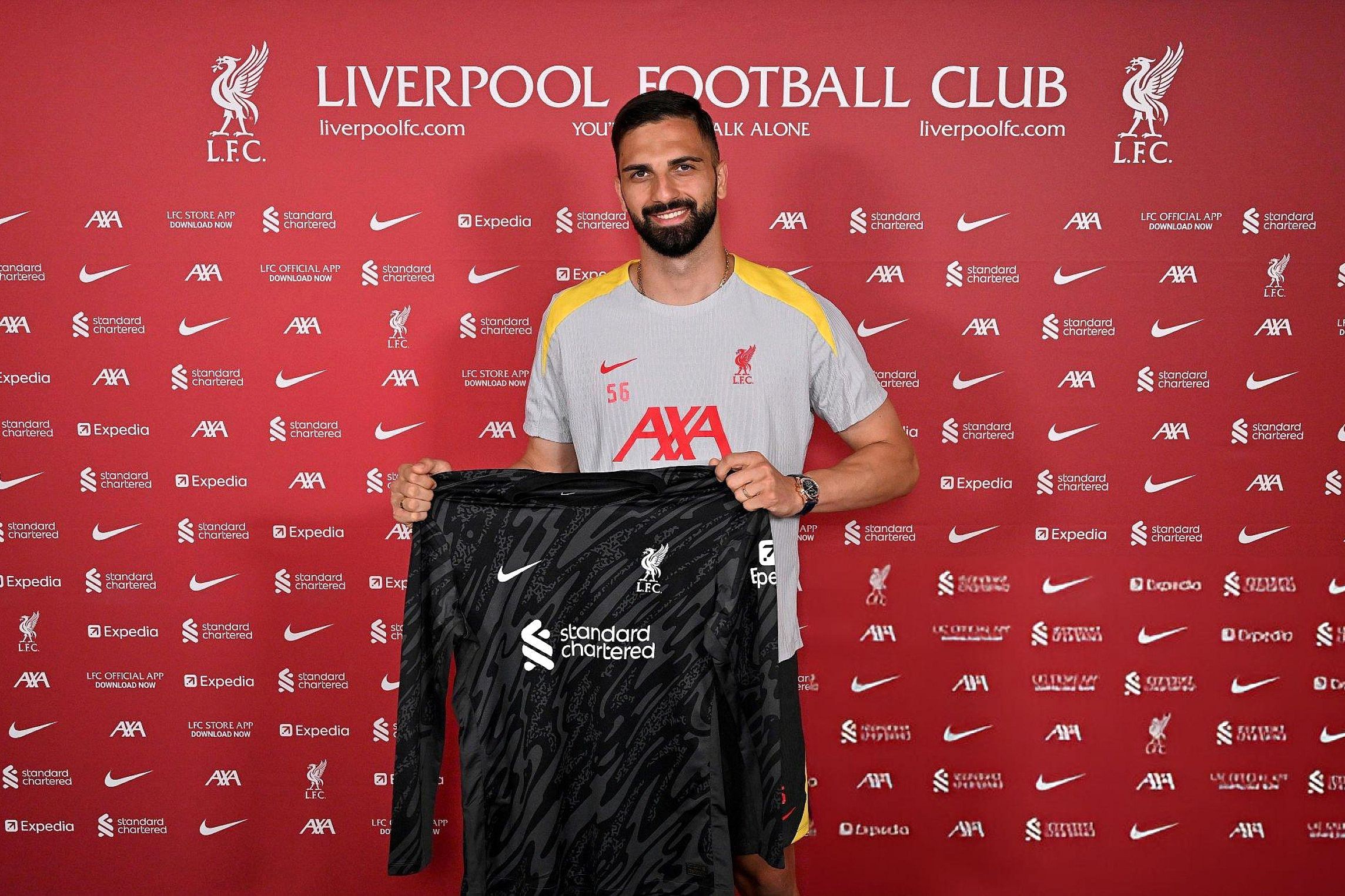Football’s Global Phenomenon: How the World’s Game and Gambling Intertwined
Football, or soccer, captivates billions worldwide. It transcends borders, languages, and cultures. This simple game, played with a ball and two goals, transformed into a football global phenomenon. Its journey from local pastime to the world’s most popular sport is remarkable. Gambling has also played a surprisingly significant role in this incredible ascent. It has added layers of excitement and commercial value throughout football’s history.
Early Roots: From Ancient Kicks to English Rules
Football’s origins stretch back centuries. Various cultures played ball games using their feet.
Ancient Ball Games
Ancient civilizations enjoyed different forms of ball games. In ancient China, people played cuju around 200 BC. They kicked a leather ball through an opening into a net. Ancient Greeks played episkyros, a team game involving kicking and handling. Romans also had harpastum, similar to rugby. These early games lacked standardized rules.
Codification in England
Modern football truly began in 19th-century England. Public schools developed their own versions of the game. In 1863, the Football Association (FA) formed in England. This body established uniform rules. They outlawed carrying the ball with hands. This separated association football (soccer) from rugby. Football then began its rapid development. Industrialization accelerated its spread. Factory and work-based clubs emerged. Professional leagues soon became common. The English Football League launched as the first professional division.
Global Expansion: FIFA and the World Cup
Football’s spread gained momentum through international organization and major tournaments.
Spreading Across Continents
British soldiers, traders, and workers carried football worldwide. The sport quickly spread to Europe, South America, and parts of Asia. Early international matches, like Scotland versus England in 1872, showcased the game’s competitive appeal. Professional leagues soon developed in many countries. Clubs like Real Madrid and Manchester United became household names.
FIFA and the World Cup’s Impact
The Fédération Internationale de Football Association (FIFA) formed in Paris in 1904. This organization aimed to regulate international competitions. It became football’s global governing body. In 1930, FIFA staged its own international tournament: the World Cup. This event, held every four years (except during World War II), became the most prestigious football competition. It also grew into the most widely viewed sporting event globally. The 2022 World Cup, for instance, engaged an estimated 5 billion people.
Gambling’s Intertwined History with Football
Gambling has consistently accompanied football’s growth. It has evolved alongside the sport itself.
Early Informal Bets
From football’s early days, fans placed informal wagers. Friends or fellow supporters bet on match outcomes. These simple wagers added extra excitement to the game. As football became more organized, so did the betting culture.
Rise of Football Pools and Bookmakers
The 20th century saw the formalization of football betting. Bookmakers began offering odds on various aspects of games. Football pools, where participants predicted outcomes of multiple matches, became widespread. They gained particular popularity in the United Kingdom. In 1961, the UK legalized off-course betting shops. This spurred a rapid growth in the legal betting industry.
The Digital Betting Revolution
The late 20th and early 21st centuries brought a massive transformation. The internet and mobile technology revolutionized football betting. Online platforms emerged, allowing bettors to place wagers from home. Mobile betting apps further increased accessibility. They made betting possible anytime, anywhere.
In-play betting, or live betting, became a significant advancement. It allows bettors to place wagers during a match. They react to unfolding events in real-time. This dynamic form of betting adds a thrilling dimension for fans.
Commercialization and Modern Sponsorships
Gambling companies now significantly influence football’s commercial landscape.
Sponsorships and Revenue
Betting companies have become major sponsors in football. Their logos appear on team jerseys, around stadiums, and during broadcasts. They sponsor individual clubs, entire leagues, and national cup competitions. This provides vital financial boosts for clubs and leagues. It helps cover operating costs, player wages, and development programs. This support is crucial, especially where funding is limited. Even FIFA has signed gambling sponsorship deals for its tournaments.
Concerns and Normalization
This deep integration raises concerns. The increased visibility of betting companies in football can normalize gambling. This is particularly true for young and impressionable fans. It potentially leads to risky habits and long-term problems like gambling addiction. Regulators and platforms actively promote responsible gambling practices.
The Enduring Phenomenon
Football’s journey to a football global phenomenon owes much to its inherent excitement and accessibility. Media coverage amplified its reach. Major tournaments like the World Cup captivated audiences. Gambling, too, played a part, adding financial stakes and engagement. From ancient kickabouts to today’s multi-billion-dollar industry, football continues to unite and thrill. Its relationship with betting remains a complex, evolving aspect of its global dominance.














Post Comment